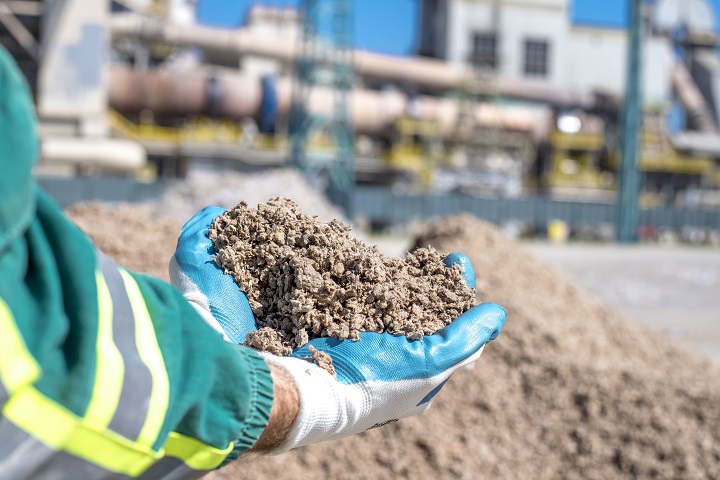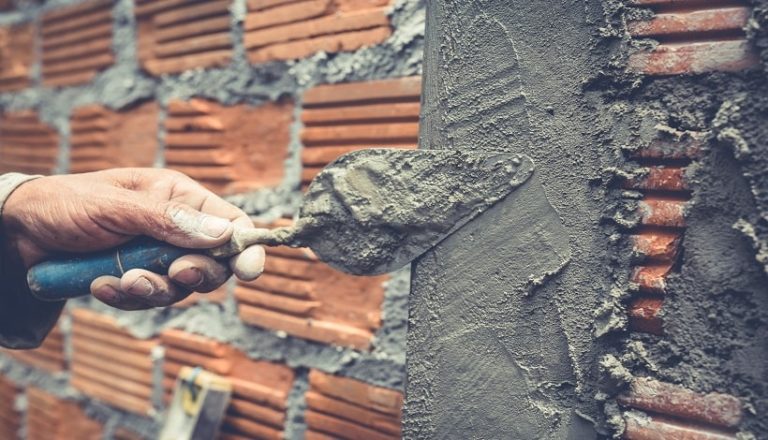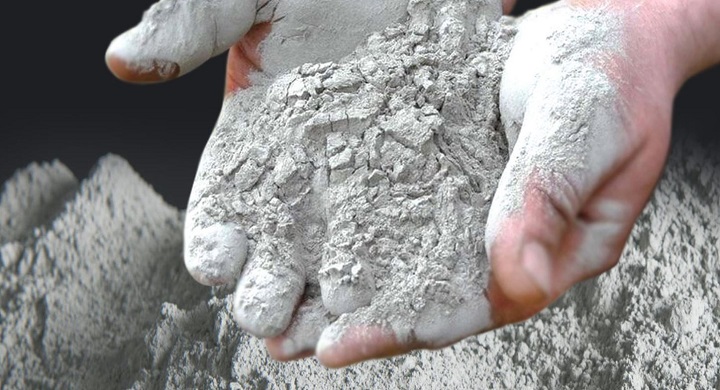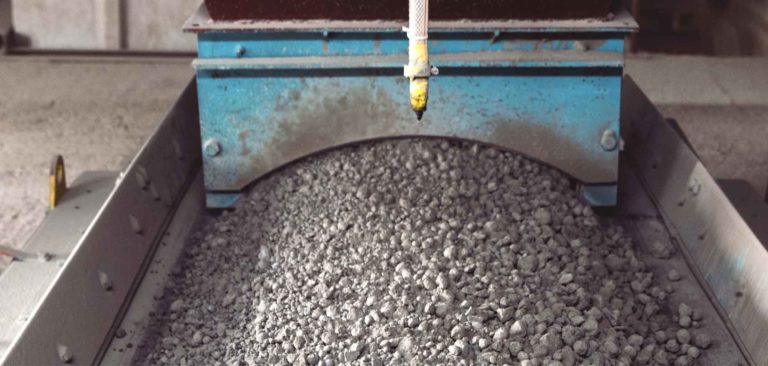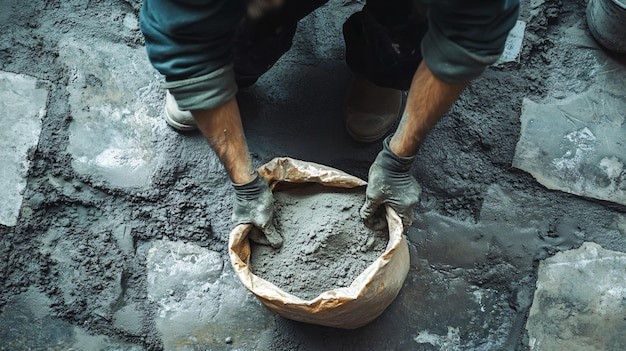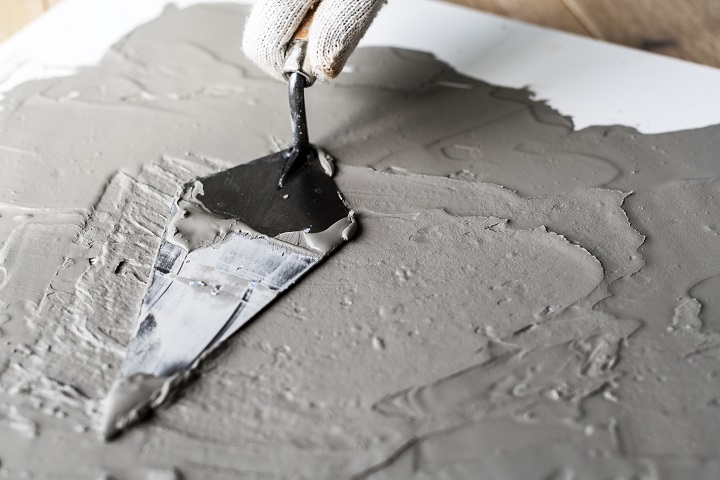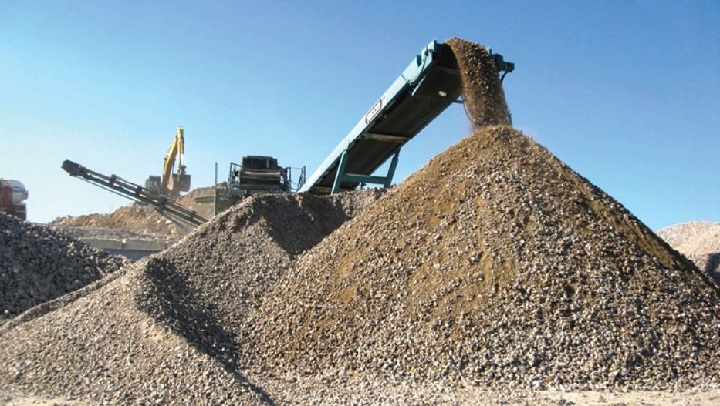How to Prevent The Wastage of Cement
Cement is an inseparable component in all construction sites. It has extensive use in different aspects of modern construction. Workers handle cement on construction sites almost daily. Naturally, human error and other factors lead to the wastage of cement. Educating the workers on preventing wastage of cement can save you a lot of unnecessary costs. Due to the sensitive nature of cement, small mistakes can lead to the wastage of a large amount of cement. Cement’s hygroscopic property allows it to react with moisture immediately and start the hardening process. Once cement becomes wet and starts the hardening process, it becomes completely useless.
Hence, the storage and handling of cement bags should be carefully monitored. The construction site should prepare adequate space for the safe storage of cement before it is used. Another primary reason behind cement wastage is poor transportation protocols. There are many precautions to transporting cement, and construction professionals should monitor the process thoroughly. Preventing the wastage of cement is a broad concept that starts from manufacturing cement. The cement supply chain should be carefully scrutinized, involving the transportation and storage of cement. It is essential to remember that you cannot utilize 100% of the cement you purchase. Usually, 1-3% cement is considered as wastage. Most importantly, a standard guideline should be followed on construction sites to prevent the wastage of cement.
How to Prevent the Wastage of Cement on Construction Sites
Here is a list of essential factors that can help prevent the wastage of cement on construction sites.
Ensuring A Proper Warehouse for the Storage of Cement
Sometimes construction sites do not have a separate godown or warehouse to store cement. They are placed in random places with improper coverings or protections. It is always a good practice to have a separate warehouse to store cement. Cement should not be stored with fertilizers, gypsum-based products, and edible products. If cement gets contaminated with foreign particles, it can have devastating effects on its performance of cement. If cement fails to provide adequate strength to the structure, the building’s safety can get compromised. Large construction projects require a lot of cement to work. So, establishing a protected warehouse just for storing cement can minimize the risk of contamination and wastage.
Moisture can enter the cement even if the bags are sealed properly. The warehouse should not be opened frequently to control the amount of moisture inside the place.
Maintaining an Ample Space Between External Wall and Stacked Cement Bags
If your construction site stores cement in a warehouse, make sure there is a space between the external wall and cement bags. It is also advised to keep the warehouse damp free. Dampness or moisture can enter from external walls and ruin the cement. Hence, a minimum of 600mm space is required between the wall and stacked cement bags.
Storing Cement Bags in an Elevated Space
Another easy way to prevent wastage of cement is to keep the stacked bags a certain height from the floor. Dampness can rise from the ground and ruin the cement inside the bags. It is advised to store the cement bags on a raised platform covered with an impermeable plastic sheet underneath. It makes the system more secure so cement wastage can be reduced to a minimum. A height of 150mm to 200mm should suffice.
Source: Engineering Feed
Rolling the Cement Bags Before Lifting
Construction professionals advise rolling the cement bags before lifting them. Rolling helps to loosen up the consolidated cement in the bags and reduces the possibility of splitting the cement bags. Furthermore, rolling helps the workers to check for any damage underneath the bags before lifting, minimizing the risks even further.
Reducing Construction Mistakes
Mistakes are prevalent, and no one is above mistakes. But if your workers are frequently making mistakes that are causing the wastage of cement, you should inquire more to find out the root of the problem. As we already know, cement is a sophisticated product that requires extra care and supervised handling to minimize the risks associated with cement. Construction sites store different kinds of materials in a confined space. Mishandling and mismanagement can bring severe losses by ruining expensive construction materials. So, an experienced supervisor should overview the whole situation to prevent cement wastage.
Ordering the Right Number of Cement Bags
Cement is a costly product with a limited lifespan for getting the best performance. So, ordering too little or too much at a time can cause inconveniences. Construction pace might get hampered, and additional costs may arise. Hence, make sure to order the correct number of cement bags.
Ensuring Safe Transportation
A lot of construction material gets damaged due to improper transportation. This issue gets even more significant when construction is happening in remote locations. Long transportation distance increases the cost and risks of damaged goods. It is recommended to order from the nearest suppliers who can provide hassle-free delivery to your construction site. In Bangladesh, construction materials are more likely to get damaged as many roads are filled with potholes. If truck drivers are not cautious enough, excessive jerking can cause cement bags to tear apart. Hence, you should ensure the cement bags are transported safely to your destination.
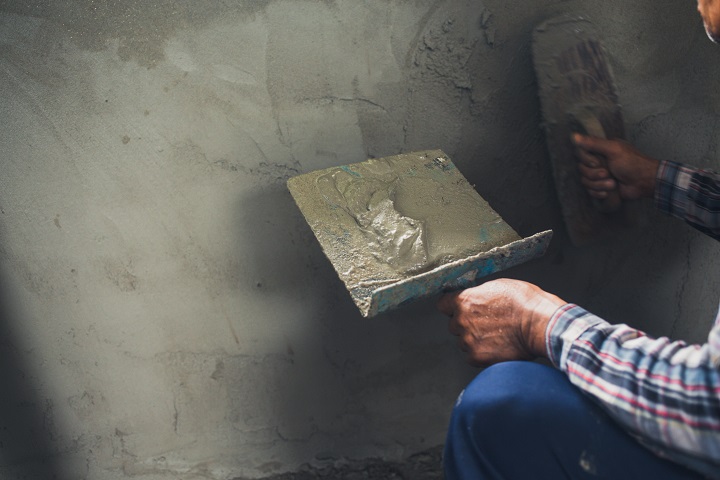
Source: freepik
Impact of Cement Wastage
Due to mismanagement, a lot of cement gets wasted in construction sites. The statistics are higher in Bangladesh, as many workers are not adequately trained to handle sophisticated construction materials. Sometimes the large quantity of cement can be ruined if inexperienced workers deal with it. Mass scale wastage can lead to problematic consequences. Cement starts the hardening process after getting into contact with water. If cement gets hardened in machinery or other places, it can create trouble to carry out construction work. Furthermore, it can increase the construction cost by a lot.
Wastage of cement can cause harmful impacts on the environment as well. More cement bags must be purchased to account for the wasted cement. Hence, more cement must be produced to meet demands that release greenhouse gas into the atmosphere. So, everyone should realize the importance of preventing the wastage of cement.
Why is it Important to Prevent the Wastage of Cement?
The cost of construction materials has increased in recent years. It is expected to increase in the upcoming years also. So, increasing the efficiency in construction work by minimizing wastage of one of the most used products, cement, will undoubtedly help reduce the project’s overall cost. Furthermore, preventing wastage helps to save the environment. Hence, you should hire a contractor who understands the importance of preventing wastage in construction sites. Too much wastage of cement can negatively impact the project’s progress. The contractor should be expert enough to calculate how much cement is required for a project to prevent the purchase of surplus cement bags.
Summary
The guidelines must be followed to ensure the safety of cement and prevent any unnecessary wastage. Careful inspection and handling of cement can save you a lot of extra costs. Knowing how to prevent waste of cement is a crucial factor in large construction projects.
Preventing wastage of cement also depends on the quality of cement. So, you should purchase cement from reputed brands. Mir Cement is one of the most trusted cement brands in Bangladesh. The company inspects every stage of the manufacturing process, and the cement goes through rigorous testing phases so that customers can purchase Mir Cement without worrying about any issues.
Frequently Asked Questions (FAQs)
How long can I store cement before using it?
Ans: It is recommended to use cement from three months of its manufacturing date.
Can cement become bad on its own?
Ans: Cement will not go bad if it is stored correctly. However, cement will start to lose its strength with time.
Can I use wasted cement in construction work?
Ans: No. You cannot use wasted cement as it will compromise the structural integrity.
How do dispose of wasted cement?
Ans: There are designated spaces to dispose of wasted construction materials.
What is the best way to prevent cement wastage?
Ans: The best way to prevent cement wastage is to follow specific guidelines on preventing the wastage of cement.

